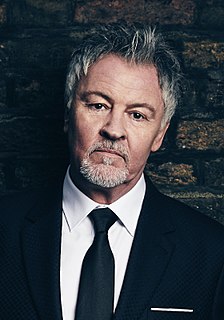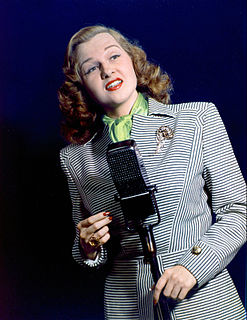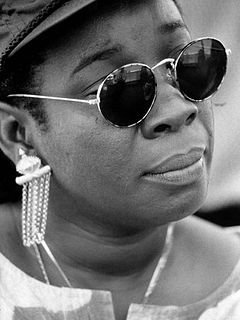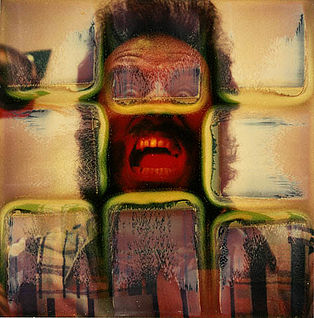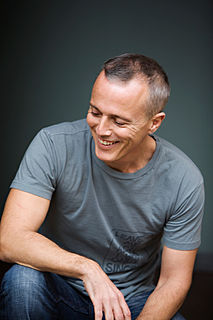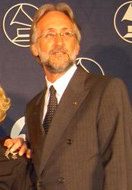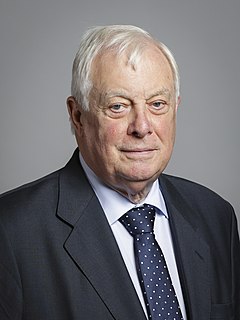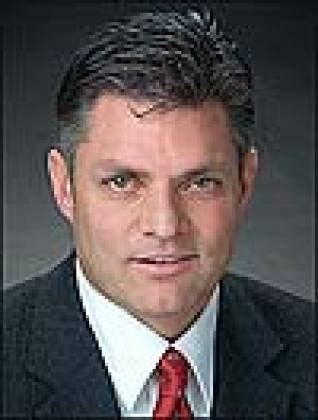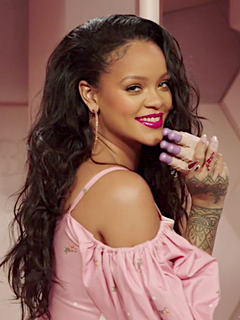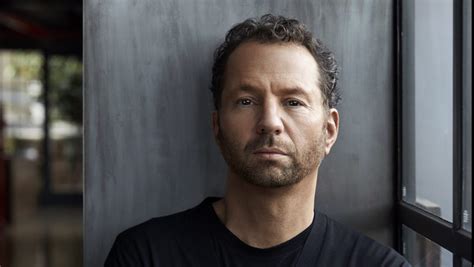A Quote by Gabrielle Aplin
When I was releasing EPs by myself, I was generating royalties. And when I signed, I thought I'd put those royalties into other artists. And interestingly, streaming is most of the income for those artists.
Related Quotes
Record industry's not so much against artists, but certain people are just wicked people that sit up in the industry who go against the artist. The thing is, if you're in the recording business, where's our health benefits? Where's the royalties from when you put stuff on labels in different countries? And now, with all these 500 cable channels, you want your mechanical royalties, your licensing. There's so much technology that you've got to stay on top. They always try to tell you, "Oh, don't worry about the business side, just do the music."
At any rate, when I began photographing myself, I could place myself in poses that had not been investigated by other artists. It was an area other artists hadn't touched. Then, I went on from there. I manipulated my image - distorting it, brutalizing it. People thought I was mad, but I felt I had to tell these things. It gave me a kind of excitement.
Because U.K. artists aren't compensated when their music is played on U.S. radio stations, U.S. artists aren't compensated when their records are played on U.K. stations based on the fact that there's no reciprocity. If that income came in, our artists would be paying income taxes on it. So if we can get a lot of policy on the radar, that may have some positive influence.

